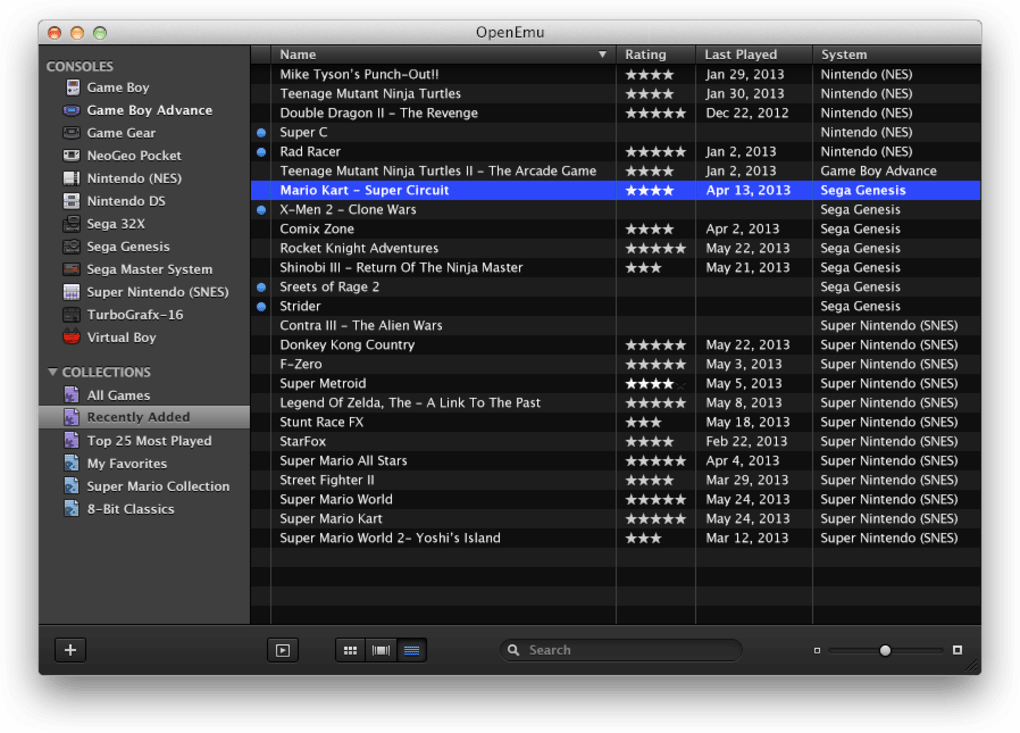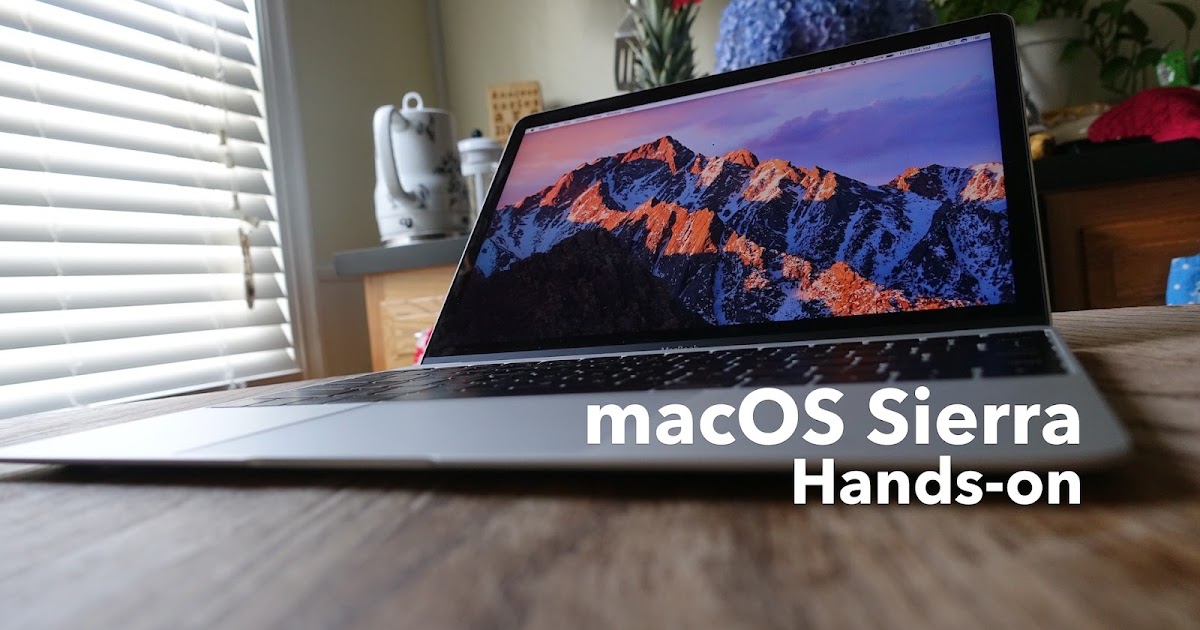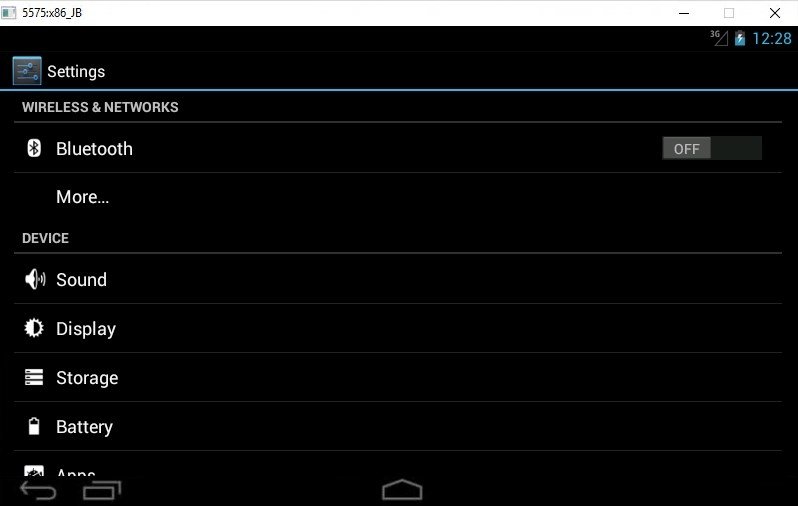
- #Android emulator for mac os high sierra for mac
- #Android emulator for mac os high sierra install
- #Android emulator for mac os high sierra android
- #Android emulator for mac os high sierra password
- #Android emulator for mac os high sierra license
#Android emulator for mac os high sierra for mac
Once installed, Visual Studio for Mac will prompt you to personalize your installation by signing in and selecting the key bindings that you'd like to use:
#Android emulator for mac os high sierra password
You will be prompted to enter your password to grant the privileges necessary for installation.: The installer will display progress as it downloads and installs Visual Studio for Mac and the selected workloads.

#Android emulator for mac os high sierra install
Refer to the Unity setup guide for more information on installing the Unity extension.Īfter you have made your selections, press the Install button. No additional platforms need to be installed beyond Visual Studio for Mac. Note that you should also select the relevant dependencies If you do not wish to install all platforms, use the guide below to help you decide which platforms to install: Type of App The list of available workloads is displayed. Follow the links to read them, then press Continue if you agree:
#Android emulator for mac os high sierra license
Wait while the installer checks your system:Īn alert will appear asking you to acknowledge the privacy and license terms. You may be presented with a warning about the application being downloaded from the Internet. Once the download is complete, click the VisualStudioforMacInstaller.dmg to mount the installer, then run it by double-clicking the arrow logo: It's necessary to have an Apple ID for installing and signing into Xcode.ĭownload the installer from the Visual Studio for Mac download page. If you don't have an Apple ID already you can create a new one at. It may be possible to use an older version of Xcode if your Mac is not compatible with the latest version. See Apple's minimum requirements documentation A Mac that is compatible with the latest version of Xcode.To build Xamarin apps for iOS or macOS, you'll also need: A Mac with macOS High Sierra 10.13 or above.Just in case this helps anyone.Download Visual Studio for Mac Requirements In my case I actually had to go into Bios Settings and enable Virtualization. I tried reinstalling HAXM a few times but kept getting the errors. Go into your bios and see if you can find a setting to enable it. Removed it and I was able to install the HAXM from the following link:Įither your CPU does not support virtualization, or it is disabled in the bios. I couldn’t install mine because I had HyperV enabled on my machine. Restart and the emulator will run this time. You will get some warnings and instruction to restart for the changes to take effect. Type and run: csrutil enable -without kext Then open terminal from Utilities drop down menu. Instead, I had to start my Mac in Recovery Mode (restart & press ⌘+R until Apple logo appears). Reinstalling and restarting did not work for me.
#Android emulator for mac os high sierra android
This was the only way I was able to run the Android Emulator 🙂 Solution no. On Mac OS, After installing make sure to allow Intel HAXM under “Security & Privacy”. In some case it may happened that for every start of android studio you need to type this commands First and then start android studio. Just go to terminal and type sudo chown 777 -R /dev/kvm,

In My Case, re-installing HAXM sadly did not help, but rebooting my MAC did (go figure).īut, I also noted that if you have installed an emulator image but not the related SDK for the API (which makes sense), then you get a similar pop-up when starting the emulator, which makes you think it may be a HAXM / KVM issue, which its not. My emulator for a certain API (think 21) worked initially fine and was fully accelerated, then installed a couple of other images (Nougat x86/64 etc) and suddenly started seeing /dev/kvm not found and NO emulator would boot up.

I had a similar message in the emulators area in Android Studio 2.1.

Navigate to /extras/intel/Hardware_Accelerated_Execution_Manager/įor MacOS users running Android Studio, when you get this error then try these steps to open up your privacy settings.Make sure SDK Manager -> Extras -> Intel x86 Emulator Accelerator (HAXM installer) is installed.Couldn’t use x86 emulators, AVD manager shows warning “/dev/kvm is not found” and telling me to edit BIOS security setting to enable VT-x.


 0 kommentar(er)
0 kommentar(er)
